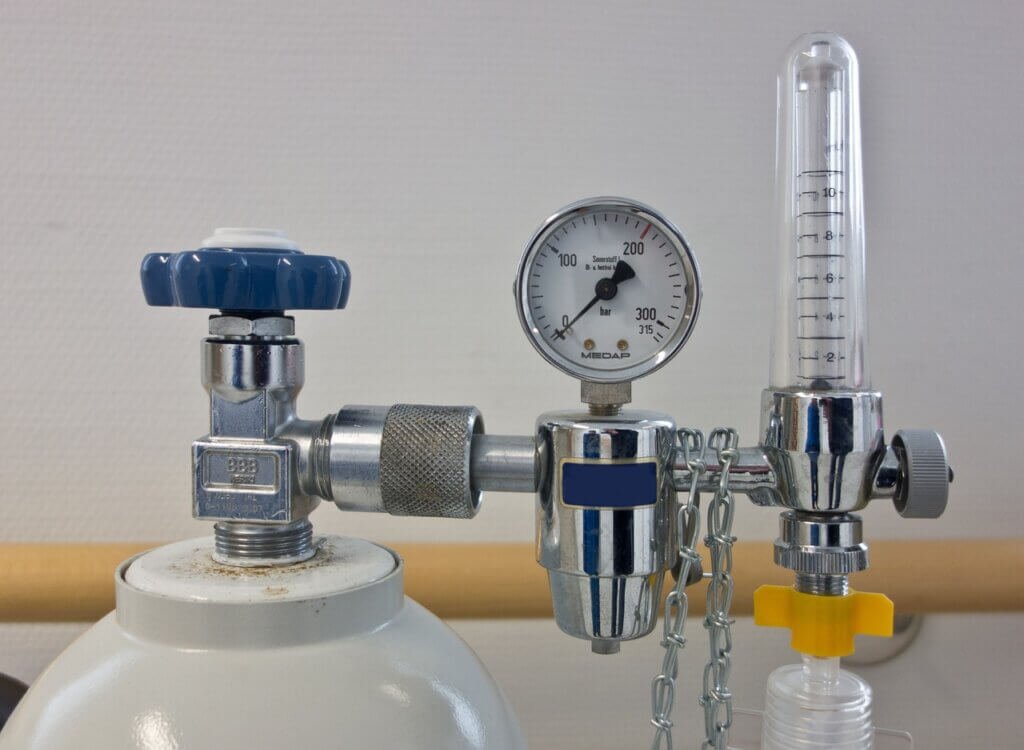Becoming a parent is one of the most exciting and life changing experiences a person can have. Unfortunately, getting pregnant is not always an easy or straightforward experience for many couples.
Infertility is defined by the medical community as being unable to conceive after one year of trying. This is a deceivingly simple definition for a wide-reaching and complex problem. Nearly one in eight couples report having some issues with infertility and the number is rising. Even more worrisome is that very little is understood about the causes of infertility. In fact cases of infertility related to “unknown causes” may be as high as 15 percent.
The good news is that there is a range of treatments available that are often effective. Acupuncture is a great compliment to fertility treatments and a great way to balance your body as it prepares to conceive.
Here are three ways that acupuncture can help you as you begin your journey to parenthood:
Preparing to Conceive
Our bodies are incredible systems. Each function in the body works to support another. Becoming pregnant is one of the most intense experiences your body can go through. In order to have a healthy and happy pregnancy, your body needs to be in top shape. Acupuncture helps you balance your Qi, balance your energy and blood circulation and remove blockages. When your energy is blocked it can limit your chances of getting pregnant and maintaining a healthy pregnancy.
Acupuncture as a Primary Treatment
When people cannot become pregnant they often go to their doctor. Many doctors cannot always provide the answers about what is causing infertility and may quickly prescribe medicines, like clomid, to increase the chances of conception. While prescribing medicines to treat infertility is not inherently bad, instantly jumping to a fertility drug can mask underlying issues. Acupuncture is a better first step when you are considering pregnancy because it helps keep your body in balance. It does not mask underlying issues, but instead focuses on overall health and well-being, which better supports reproduction.
Acupuncture as a Complementary Treatment
There are some causes of fertility that acupuncture on its own cannot treat including endometriosis. However, acupuncture and herbal medicine, can help increase the chances of success with IVF, inseminations and embryo transfers. It is best to start a series of acupuncture treatments before attempting IVF, insemination or a transfer. These treatments can help prepare your body for pregnancy and increase the chances of implantation.
No matter what path you are taking on your pregnancy journey, acupuncture plays an important role. The risks are few and the primary side effect is perhaps the best of all — a healthy, happy baby!

